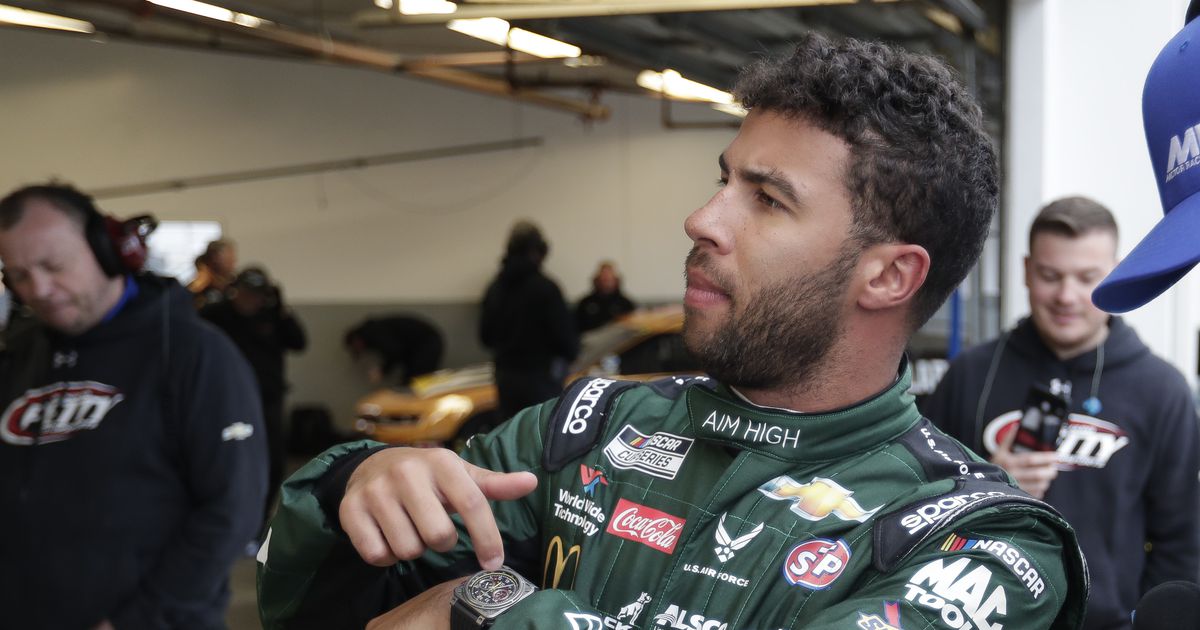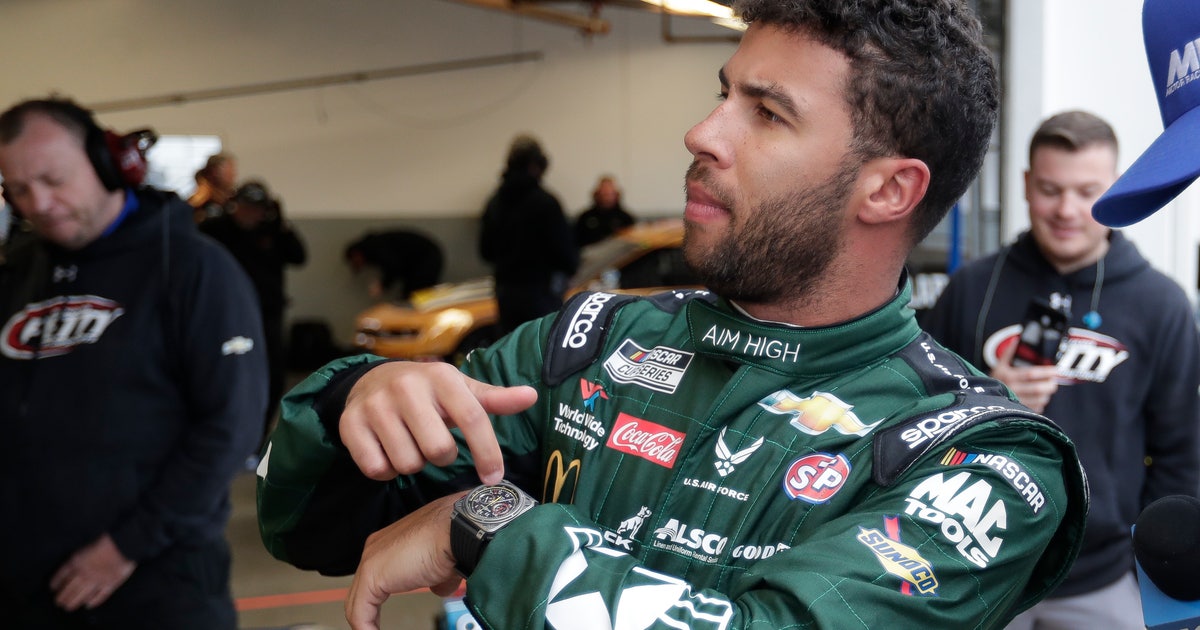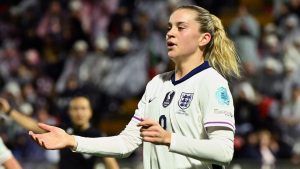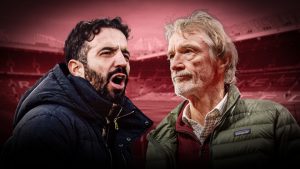NASCAR looks to steer clear of protests over George Floyd


HAMPTON, Ga. (AP) — NASCAR has a checkered racial history.
From an affinity for Confederate flags among the fan base to a driver losing his job just this season for casually uttering a racial slur, the good ol’ boys have never been known for diversity.
Maybe it’s not surprising this mostly white sport seemed hesitant to join the national outrage over the death of George Floyd while in police custody — a striking contrast to its rush to be the first major sport to return during the coronavirus pandemic.
Looking toward NASCAR’s weekend at Atlanta Motor Speedway, which will be the fourth track to stage races without fans, trucks driver Matt Crafton was asked about the protests in all 50 states and around the world demanding an end to police brutality against African Americans.
“I just try to stay off social media,” said Crafton, clearly uncomfortable with the subject. “At the end of the day, there’s a lot to talk about. I don’t try to get involved in a lot. That’s a terrible thing that happened to the gentleman in Minneapolis. But there’s a lot of things going on that I’d rather not talk about.”
Bubba Wallace, the only African American in the top-level Cup series, expressed frustration that so many drivers were reluctant to speak out.
“A few drivers — a very few — have given their opinion on the day’s matter and I appreciate that,” Wallace said on Dale Earnhardt Jr.’s podcast. “But the silence from the top drivers in our sport is beyond frustrating. … Our sport has always had somewhat of a racist label to it. NASCAR — everybody thinks redneck, Confederate flag, racists — and I hate it. I hate that because I know NASCAR is so much more.”
Wallace said he encouraged other drivers to take up the cause, including rising star Chase Elliott, who won at Charlotte on May 29 and will start from the pole in Sunday’s Folds of Honor Quik Trip 500 — essentially a home race for the Georgia native.
“I said do you all not care about what’s going on in the world?” Wallace said. “That’s not the right way to go about it. Our voices carry so much more weight than Joe Schmo from down the street. I mentioned we’ve got to do better, we’ve got to step up for everybody to say what they feel.”
Seven-time Cup champion Jimmie Johnson, in his final season as a full-time driver, reached out to Wallace to ask what he could do.
“That’s a big question I have for myself right now,” said Johnson, who will be honored on what could be his final race in Atlanta by having a grandstand named after him. “When you sit down and listen, you realize there’s a lot of injustices taking place across a broad spectrum. As a representative of our sport and just a citizen, it’s really time to listen. I look forward to the journey that takes me on and the ways I can be active.”
Even though African Americans are rare in NASCAR, Johnson said he was taken aback at what Wallace has gone through to reach the top echelon.
“I had no idea the challenges he was faced with,” Johnson conceded. “I want to have a voice. I want to stand up to injustices. I’m trying to find that voice. Part of that journey is educating myself. I’m very deep into that.”
Initially set to host the Cup series on March 15, Atlanta became the first race to be postponed because of the pandemic that has now claimed more than 100,000 American lives.
Johnson has won five times at the 1.54-mile trioval known for its slippery, worn-out surface that puts a premium on tire wear and getting the most out of long runs. Mired in a winless streak that has now stretched for more than three years, he hopes to finally break through at one of his favorite tracks.
Even if he doesn’t win, it figures to be a memorable weekend. The Winners Grandstand will be renamed the Johnson Grandstand, joining sections named in honor of fellow seven-time Cup champions Richard Petty and the late Dale Earnhardt.
“Granted, there won’t be fans to celebrate with,” Johnson said. “But it’s still an emotional and special moment to go back to tracks for what could be the final time.”
Johnson acknowledged that taking a stand against racism and police brutality could spark a backlash from some NASCAR fans.
“Obviously, this a very divisive topic,” he said. “But you’ve got to follow your heart and positions that you believe in. It’s hard to live your life worrying about other people. You’ve got to let the passion in your life shine through. The things you believe in, you need to follow that.
“Ultimately, I feel a need to have a voice in this. I’m still trying to find that voice, but I’m being pulled this way more than I have other times. There’s just something inside of me that makes me feel like I need to do it.”






